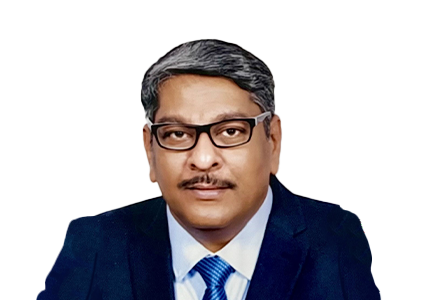Published on June 3, 2019 by Manjunath Pola and Kumail Jillisger
The Panama Papers exposed how elaborate corporate ownership and control structures are designed to conceal personal assets. Piercing the veil of ownership and identifying the individuals who control/benefit from such structures has always been a challenge for regulators and due diligence teams. Exposes like the Panama Papers serve as wake-up calls that many more controls need to be put in place before we are one-step ahead of those designing complex ownership structures.
Inconsistent disclosure norms
“Disclosure of Beneficial Ownership in 29 Countries,” a report by United States Law Library of Congress, has some interesting insights on the timelines within which changes to ownership have to be disclosed to the local registries:
-
16 countries (55.17%) mandate disclosures within 2 to 15 days
-
3 countries (10.34%) mandate disclosures within 30 to 60 days
-
5 countries (17.24%) mandate disclosures to be made annually
-
4 countries (13.79%) mandate disclosures as and when there is a change; no timeline is indicated
-
1 country (3.45%) does not have a defined mandate
Let us add the lead-time, local registries take to actually update their records. Most financial institutions use this information only when an account is due for a periodic review (as per their risk appetites). Do the red flags go unnoticed and unreported during this period?
Not just disclosure timelines, the thresholds, in terms of ownership percentage, for disclosures also vary across jurisdictions. The disclosure percentages vary from greater than 5% to greater than 25% ownership/voting rights. Such variances attract money launderers to safe havens, or jurisdictions that have minimum reporting and disclosure requirements.
Restrictive access
L1 analysts face operational issues in cases where registries’ websites have non-user-friendly navigation, downtimes for extended periods and allow restricted access from IPs outside their jurisdiction. Are these merely technical issues? Are data privacy and protection helping money launderers and weakening the AML framework?
Changes in the regulatory landscape
At the end of 2016, a group of 53 countries committed to systematically sharing beneficial ownership information. New laws (e.g., the FinCEN Final Rule (81 FR 29398) on Customer Due Diligence and EU Anti Money Laundering Directives) are being enacted to address the current gaps. These are important landmarks, but are they enough?
What would it take to:
-
Standardize the disclosure requirements (lower cut-off thresholds), format, and timelines (reduced periods) across jurisdictions?
-
Transform the changes-in-ownership declaration from a self-declaration to one that is verified and certified by designated bodies?
-
Ensure that screening, at least for sanctions (and certain critical convictions), is performed by local registries prior to recording the changes, thereby preventing red-flagged owners from using legal channels for money laundering
The need of the hour is to make radical changes, for which the entire global community, including governments, regulatory bodies and financial institutions, will have to align their stance and answer the question – what is the cost of not going all out against money launderers?
How Acuity Knowledge Partners can help you?
Acuity’s leverages “Orbis” and “Compliance Catalyst,” both of which are proprietary tools of Bureau Van Dijk (BvD), to receive alerts on changes in ownership and underlying red flags. These alerts are reviewed by the Acuity’s KYC specialist to analyze the associated risk and present an enhanced due diligence report to clients. These reports are used by our clients extensively in their client onboarding, remediation, and renewal processes, and as supporting evidence during regulatory inspections.
What's your view?
About the Authors
Manjunath has over 13 years of experience in financial services and compliance offshoring in the areas of know your customer (KYC), anti-money laundering, transaction monitoring, email surveillance and foreign exchange. He previously worked at Deutsche Bank, Amicorp India Pvt. Ltd. and Thomson Reuters. At Acuity Knowledge Partners, Manjunath has been part of multiple engagement and is responsible for delivering KYC projects for the firm’s compliance clientele globally. Manjunath is a MBA in finance and marketing from Bangalore University.
As Head of Financial Crimes Compliance, Kumail Jillisger is responsible for understanding client problem statements related to KYC, AML & Fraud and designing optimum solutions; transitioning engagements related to KYC due diligence, AML transaction monitoring and fraud investigations; managing governance and risk reporting for existing engagements; and identifying technology use cases with both internal and external data providers. Kumail leads a team of experts in UBO identification, Sanctions, Sanctions Exposure, Money Laundering, Anti Bribery & Corruption and Taxation related adverse news.
Before joining Acuity Knowledge Partners, he served as the Deputy Head of Delivery (BFS Compliance and KYC/AML) at..Show More
Like the way we think?
Next time we post something new, we'll send it to your inbox











